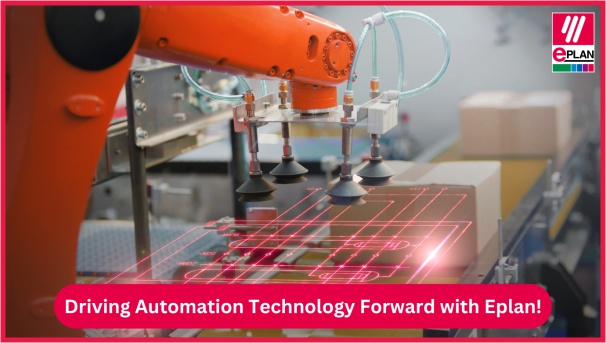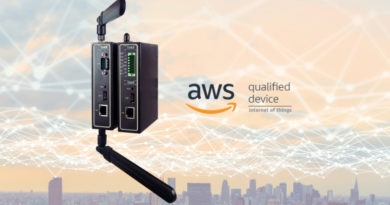Driving Automation Technology Forward with Eplan!

Automation technology is revolutionizing engineering efficiency, and Eplan stands at the forefront of this transformation. With its comprehensive suite of software solutions, Eplan is reshaping how engineers approach design, documentation, and project management across various disciplines, particularly in electrical and automation engineering.
The Evolution of Automation Technology
Automation technology encompasses systems and processes that control machinery and equipment with minimal human intervention. This includes the integration of sensors, actuators, and programmable logic controllers (PLCs) to automate tasks previously performed manually. The result is enhanced accuracy, reduced errors, and improved operational efficiency.
In industrial applications, automation technology manifests in several key areas:
- Industrial Automation: Streamlining manufacturing processes to boost productivity.
- Process Automation: Optimizing operations in sectors like chemical processing and oil refining.
- Building Automation: Managing systems such as HVAC, lighting, and security within commercial buildings.
The overarching goal is to create a seamless flow of information that enhances productivity while minimizing costs.
Eplan: Pioneering Engineering Efficiency
Eplan provides a robust platform designed to integrate various engineering disciplines. This integration allows for efficient data exchange across electrical design, fluid power design, and automation engineering. Key features of Eplan’s offerings include:
Integrated Software Solutions
Eplan connects software solutions from every engineering discipline—from preplanning to project planning and the design of switchgear and cable harnesses. This connectivity enables bi-directional data exchange with ERP, PLM, and PDM systems, ensuring that digital data flows seamlessly throughout the project lifecycle.
Automation of Engineering Tasks
Eplan’s software automates repetitive tasks such as generating electrical schematics, wire numbering, and creating terminal schedules. By leveraging predefined templates and libraries, engineers can expedite the schematic creation process while significantly reducing manual effort and errors.
Digital Twins and Real-Time Collaboration
With Eplan’s capabilities, users can create digital twins—virtual representations of physical systems—allowing for better testing and optimization before implementation. The platform also supports real-time collaboration among teams, ensuring that all stakeholders have access to up-to-date project information.
Enhanced Documentation Processes
Eplan streamlines documentation by automatically generating reports based on engineered designs. This feature not only saves time but also ensures compliance with industry standards by maintaining accurate records throughout the project lifecycle.
Best Practices for Automation
Engineering 4.0 Insights
The European 4.0 Transformation Center (E4TC) at RWTH Aachen University highlights that partially automating engineering processes can yield significant benefits. The “Engineering 4.0” study reveals that investing just 10 to 20 percent of effort into standardization can lead to up to 80 percent of schematics being automatically generated.
Three Phases of Automated Engineering
Successful automation involves structuring reusable functions described in partial circuits and centrally managed in macro libraries. This modular approach allows for quicker compilation of schematics for new orders. If product configurators are used within a company, ordering data can be imported directly into Eplan for automated schematic generation.
Conclusion
In conclusion, automation technology is fundamentally transforming how industries operate by enhancing efficiency, accuracy, and productivity. Eplan is at the forefront of this revolution with its innovative software solutions that streamline engineering processes across various disciplines. By leveraging Eplan’s capabilities, organizations can not only reduce operational costs but also improve their competitive edge in an increasingly automated world. As businesses continue to embrace digital transformation, Eplan’s role in facilitating these advancements will be crucial for future success in automation technology.
Through its comprehensive tools and commitment to innovation, Eplan is not just adapting to changes in the engineering landscape; it is actively shaping the future of automation technology.
For more details – Log on to www.eplan.in or write to us at info@eplan.in



